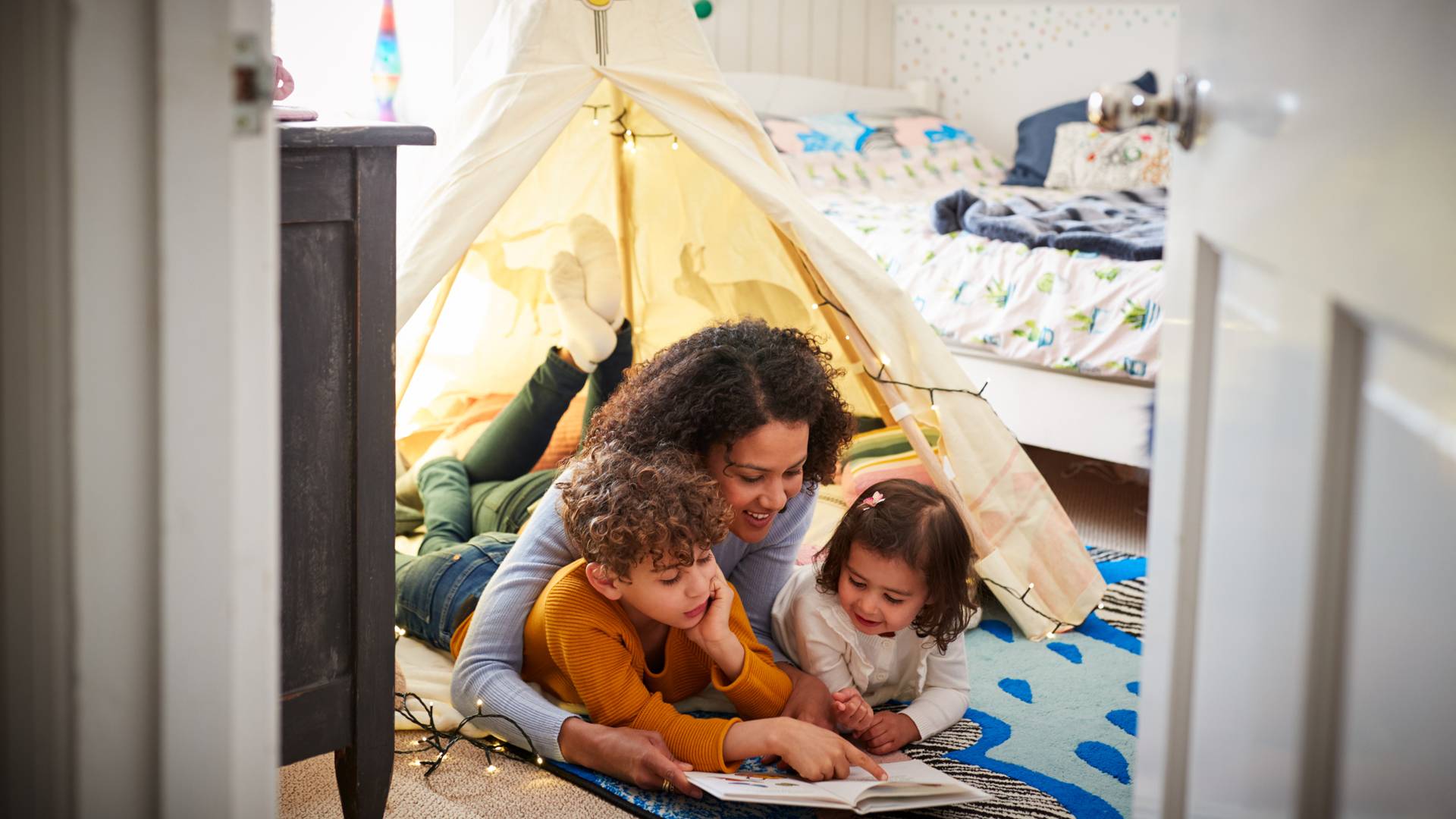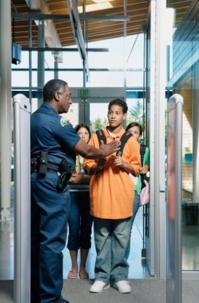Parents want to protect their kids, and keep them safe. But what happens when the people we need to protect our children from are school administrators, police officers, or juvenile court prosecutors intent on punishing our children, and possibly sending them to a juvenile detention center? As parents, who do we turn to? And what rights do our children have when faced with questioning from law enforcement officers or school officials?
Confidential Proceedings: Juvenile Courts Insulate Kids from their Own Bad Behavior
The juvenile justice system exists because our society believes that juveniles accused of a crime should be treated differently than adults. We rightfully recognize that young people are prone to making poor decisions. The juvenile justice system insulates young people from a lifetime of consequences for youthful bad behavior.
Confidentiality is a cornerstone of the juvenile justice system, and a juvenile conviction will not be included on a person’s permanent record. The names of a juvenile accused of a crime should not be used in news reports.
But what are your child’s rights before they get to court — such as kids' rights at school? And what should we tell our children to do if they are accused of a crime and are questioned by school administrators or police officers?
Kids Have Constitutional Rights, Too
Just like adults, children have constitutional rights, including the right to be protected against “unreasonable searches and seizures.” Children also have certain protections if they are being questioned in a "custodial setting." These rights apply at school, at a school event, and on school property, but vary depending on who is asking the questions or performing the search.
Searches and Questioning by School Personnel
A child has no reasonable expectation of privacy when it comes to school property. School staff are free to search a student’s locker or desk and are not obligated to tell the student the search is taking place. School staff may also give the police permission to search a student’s locker or desk. However, different schools have different policies in these regards, so check your school district’s regulations and policies.
A student does have a reasonable expectation of privacy as it relates to his or her own body and property, and different rules apply if school staff wish to search a student’s pockets, pat down a student’s body, or a search a student’s backpack, purse, or car. In these cases, school staff are allowed to search a student if they have “reasonable grounds” to believe the search will turn up evidence that a student broke a school rule. The school staff must have specific facts that reasonably warrant the intrusion into a student’s privacy.
For a search by school staff to be legal, the search must be justified when it begins, and must be performed in a reasonable manner. In evaluating a search by school staff, courts will consider the circumstances of the search, including:
- The student’s age
- The student’s gender and the staff’s gender
- The nature of the rule or law that staff believes was broken
School staff are allowed to question students, and are not required to contact a child’s parents before doing so. Therefore, children should be cautioned that anything they say to school staff will be used against them either in a school discipline case or a juvenile court case. I recommend teaching your children that if they are questioned by school staff who believes they violated a school rule or criminal law, they should refuse to answer any questions until their parent or legal guardian is present.
Searches and Questioning by Police Officers
Police are held to a higher standard and must have “probable cause” to initiate a search, or they must have a search warrant from a court. “Probable cause” means that the police officer has a reasonable suspicion that a crime was committed. If the police do not have a warrant, your child can refuse to allow the search to proceed. If the police proceed without consent and without a warrant, any evidence they discover may be excluded from consideration by the court.
When police are involved in questioning a student they believe committed a crime, they are required to follow the rules of for any criminal investigation. If the police do not abide by these rules, anything the child says may be kept out of court if the child is charged with a juvenile offense. However, this information could still be used for purposes of school discipline.
Criminal Investigation or Custodial Interrogation?
Legally, police questioning of a child may fall into two different categories: as part of a criminal investigation, or as part of a custodial interrogation. In a criminal investigation, a suspect's criminal rights apply. However, even if your child was not told they were under arrest, they were most likely questioned as part of a custodial interrogation.
To determine whether a child is in a custodial setting, courts consider two questions:
- What were the circumstances that led to the child being in the setting? and
- Would a ‘reasonable person’ believe he or she could stop the officer’s questioning and leave?
If a child is subject to a custodial interrogation, meaning the child does not feel free to leave, the police must issue Miranda warnings before asking questions. If the child was not issued Mirandawarnings and was later found to be in a custodial interrogation, any evidence obtained may be excluded from consideration during any juvenile court proceedings. Under Miranda, the police must notify the accused that:
- They have the right to remain silent
- Anything they say can and will be used against you
- They have the right to an attorney
- If they cannot afford an attorney one will be provided to them
For the Miranda warning to be valid, police should ask if the suspect understands their rights and still agrees to talk to the officer. I recommend teaching your children never to consent to speaking with a police officer or school staff member without a parent, a criminal defense attorney, or both being present.
If your child states that he or she understands the Miranda rights and still agrees to talk to the police, your child has waived their Miranda rights, and anything they say to the police will be used against them.
To determine whether a child knowingly and voluntarily waived his or her rights, courts will apply a reasonable child standard and will consider the following circumstances:
- Is the child required to be in school?
- Do students get in trouble for not following school rules?
- Where did the questioning occur?
- How did the child get to where the questioning took place?
- Was the door open or closed?
- Was the child told they could leave?
- Was the officer in uniform, or did they have a weapon?
- Was anyone else in the room?
- How long was the child in the room?
- Was the child told they could be sent to juvenile detention or jail?
Before questioning a child in a custodial setting police must contact the child’s parent or legal guardian, who must either be present or agree to allow the police to continue with questions.
If a court finds that a juvenile was in a custodial setting but was NOT read his or her Miranda rights, any information gained from the investigation may be excluded from consideration by the court.
Questions About Your Child's Rights at School? Contact The Law Office of Jody L. Fisher
If your child is facing juvenile court charges or was accused of a crime at school, contact a skilled and experienced central-Florida criminal defense lawyer. At The Law Office of Jody L. Fisher, I offer confidential consultations. Call me at (352) 503-4111 or complete our online information form today.

